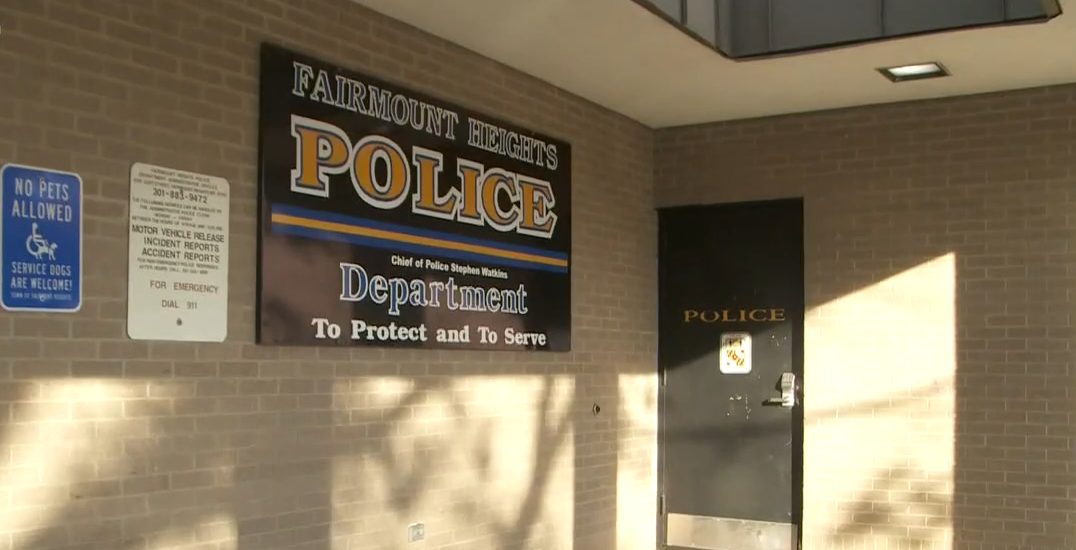For the dangers of triumphalism, Hollande need only recall Libya and his predecessor Nikolas Sarkozy’s single-handed vendetta there. Following months of bombings by NATO, primarily by the French and British air forces, Muammar al-Quathafi’s government fell and he was murdered.
[Black Star News Editorial]
Having French President Francois Hollande parade like a conquering lion in Timbuktu is not a great idea.
Of course Malians and the citizens of Timbuktu are correct to cheer France for having helped drive out the occupiers. All friends of Mali should also rejoice for their liberation.
The occupiers committed atrocities against innocent people. They imposed a harsh regime and harmed Timbuktu’s great culture and legacy by destroying some shrines and irreplaceable manuscripts.
Yet critical observers who care about Mali and Africa generally must still ask serious questions. Much of corporate media act as cheerleaders and abettors.
So why did Hollande himself personally plunge into the celebration when the dust kicked up by the fleeing invaders hadn’t even settled and while Mali still faces trouble and many challenges?
In the U.S. this is called “spiking the ball.”
It may look good for the cameras and feel great for Frenchmen who harbor colonial nostalgia. Yet in the long run the excessive triumphalism could invite trouble. Isn’t this the sort of thing that motivates and provokes the kind of Jihadists who had occupied Timbuktu to return one day for more destruction?
Hollande’s triumphalism may also deter West African countries from deepening their commitment to Mali’s security if they believe such displays may expose them to further retaliation. After all, Hollande says France will soon withdraw in favor of West Africans guaranteeing the peace.
For the dangers of triumphalism, Hollande need only recall Libya and his predecessor Nikolas Sarkozy’s single-handed vendetta there. Following months of bombings by NATO, primarily by the French and British air forces, Muammar al-Quathafi’s government fell and he was murdered.
Sarkozy, who had earlier boasted that Quathafi would depart either on a first class ticket or body bag, then flew into Libya with Britain’s David Cameron to gloat and cash in their chips. The two hoped to secure lucrative oil concessions for their respective countries.
The anti-Quathafi forces’ leaders had promised in newspaper interviews that the spoils would go to the countries that helped most in deposing Quathafi.
Libya has descended into the kind of chaos that reminds the world of the Afghanistan and Iraq of some years back and the U.S. ambassador was brutally murdered. France has yet to benefit from any lucrative oil or gas deals. And, back in France, voters firmly repudiated Sarkozy. Cameron is not enjoying any Libya dividends either in Britain.
Ironically, the occupiers of Timbuktu used the rich weapons arsenal that became available when al-Quathafi was deposed and some of the fighters are surely the same Jihadists who fought against al-Quathafi. This means France is now having to attack some of the same Jihadists Sarkozy supported when they were fighting against al-Quathafi.
What’s more it’s no secret that the United States has been searching for a home for AFRICOM on African soil since George W. Bush was president and it was something al-Quathafi and several African presidents opposed and still oppose strongly. AFRICOM is currently based in Germany.
As France and the United States increase their military presence in Africa they will work even more closely with dictatorial regimes and brutal armed forces; democratization becomes a major casualty.
Mali is a case in point — the civilian government was overthrown in 2012 by the army led by an officer named Captain Amadou Sanogo who had been brought here for training. Additional officers were trained here by the U.S. and some in Mali.
Mali’s national army has been exposed as a brutal and discredited armed force. The New York Times reported that officers even forced Malian soldiers to anally rape fellow soldiers as a form of punishment.
And there are now reports of reprisals, including summary executions of those suspected of having supported the occupiers of Timbuktu.
So why have there been no calls by the U.S. and France for the prosecution of captain Sanogo and other coup leaders? After all, their illegal action of deposing a constitutional regime accelerated the collapse of Mali to the invaders. The deposed president could not be accused of tyranny as his term was expiring and he was not running in pending elections.
When the army in Guinea overthrew the government in Guinea and carried out atrocities against civilians it was harshly denounced by the U.S. and there was a call for prosecution at the ICC including of coup leader Captain Moussa Dadis Camara. The silence, with respect to Mali’s army’s crimes is very loud and suspect.
Unless, of course, the near-collapse of Mali was in fact desirable and even planned with Mali’s army acting as accomplices; paving the way for France’s intervention.
Perhaps too “conspiratorial” a thought? Even if things weren’t mapped out this way, certainly France can now exploit the situation in the region. Unlike in Libya, where chaos prevents France from benefiting from the country’s oil and gas, France is also in a better position to secure its access to minerals in Mali but in neighboring uranium-rich Niger as well.
As for the U.S., this past week The New York Times and The Wall Street Journal both reported that the Pentagon was inking deals with the governments of Niger and Burkina Faso, to station drones in those countries. Is it really possible that there is no connection between such deals and the eruptions in Mali?
Friends of Africa must examine events in Africa from all angles critically.
Recall that just early last year a video dubbed KONY2012 made by Invisible Children (IC) gained a reported 100 million viewership on Youtube. Some critical observers didn’t believe the phenomenal numbers or the wide corporate media coverage of the campaign was random.
At the time KONY2012’s makers, IC, pitched for viewers to demand U.S. military intervention in Uganda to rescue children from the vicious and demonic LRA rebels. Not surprisingly, the video was embraced by U.S. officials and Uganda’s brutal dictator of 27 years Gen. Yoweri K. Museveni.
The campaign began to fizzle when The Black Star News published an editorial that used memos from the U.S. embassy in Uganda provided by WikiLeaks and showing that the video’s makers had in fact worked with the Ugandan regime and even provided them with intelligence information. Many other media outlets subsequently reported on the relationship between IC and Uganda officials.
KONY2012 was a pro-military intervention campaign propaganda disguised as a crusade to rescue Uganda’s children. After being exposed IC made a new pitch saying the campaign was now to rescue children in the Central African Republic, the LRA’s new hiding place. IC’s new video “Move,” which now include Ugandan government officials, garnered about 53,000 viewerships.
So, while the people of Mali have indeed suffered from the actions of its own military and the invaders, is the crisis now being used and exploited in a strategy similar to the now-discredited KONY2012 campaign to expand Western military presence in Africa?
If so, it’s certainly much more brilliant and effective than KONY2012 was.
“Speaking Truth To Empower.”







